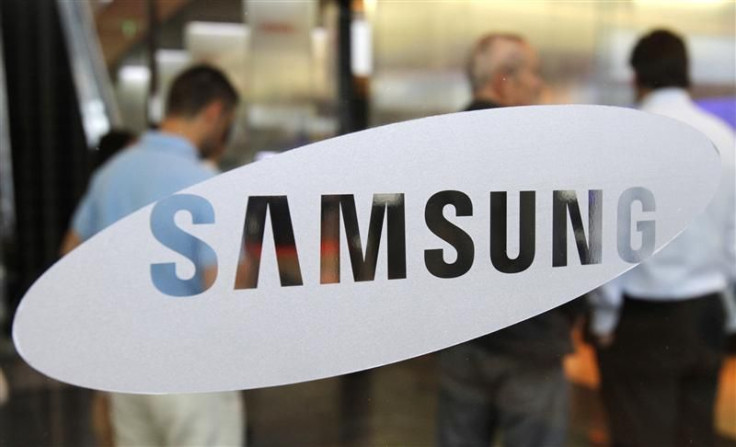Apple Vs Samsung Lawsuit: How Samsung's Strategy Influenced Its Current Position In South Korea

Samsung Electronics (005930) appears to be taking stock of things after the California jury ordered the South Korean giant to pay $1.05 billion in damages to Apple (AAPL) for violating patents pertaining to the iPhone and iPad.
James Song, Analyst, KDB Daewoo Securities, told The New York Times: "The ruling makes us reconsider the brand value of Samsung because it depicts Samsung as a copycat."
"But a copycat or not, what Samsung has done with its smartphones was a brilliant move. Look what has happened to companies like Motorola and BlackBerry, which didn't do as Samsung did. Samsung may lack in innovation, but right now, no one can beat Samsung in playing catch-up," Song added.
The New York Times noted in its article how the South Korean media keenly monitored Samsung's tussle with Apple, with the former being the largest company by sales and the latter the No.1 company by market value.
The very name "Samsung" appears to evoke mixed emotions among South Koreans as it is seen as a new age symbol of South Korea's transformation from a war-ravaged agrarian society to a global technology powerhouse.
The article published in The New York Times also studies how Samsung timed its entry into the market after Japanese companies, who were the first to introduce flat-panel televisions and high-end mobile phones in the market.
Apparently, the first strategy adopted by Samsung appears to be building a product similar to that of another company but faster, better and at a lower cost. This worked well as the market was soon flooded with a wide range of models that were constantly updated at a speed its rivals found hard to match.
This apart, availing a low-cost loan from the government-controlled banking sector also seems to have worked in its favor, which is now drawing money from its own coffers that is piling on cash.
Anthony Michell, author of "Samsung Electronics and the Struggle for Leadership of the Electronics Industry," noted that "Koreans do things quicker than almost anyone. This allows them to change models, go from design to production faster than anyone at the present time. Korean companies continually set themselves challenges, like the challenge to overtake Sony in terms of brand value in the past."
Kevin Lee, Analyst, Korea Investment and Securities told The New York Times: "The patent ruling and Samsung's copycat image will have a negative impact on Samsung's sales of cellphones and other products. But Samsung will further widen the gap with Apple in the third quarter, though not as much as expected before the ruling."
Though Samsung is appealing the verdict, which it calls "a loss for the American consumer," Song noted that despite the verdict, the fight for the smartphone market was over and had been decided in Samsung's favor.
South Koreans who take pride in Samsung's achievements view a bias in the verdict of the American jury. However, the ruling appears to remind South Koreans of the more crucial factor at the moment -- that it is yet to create an innovative product such as the Walkman or iPhone.
"Copying and clever upgrading are no longer viable. Samsung must reinvent itself as a first mover, despite the huge risks involved in acting as a pioneer, if it hopes to beat the competition," JoongAng Ilbo, Publishing Partner, The International Herald Tribune, noted in an editorial.
© Copyright IBTimes 2024. All rights reserved.





















